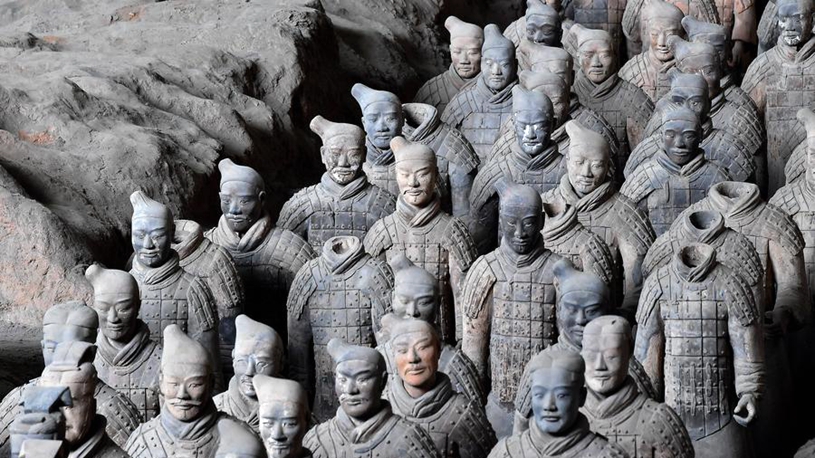GUANGZHOU, May 14 (Xinhua) -- Comoros, an island country off the east coast of Africa, is making strides towards eliminating malaria with the support of a Chinese medical team.
Despite local efforts to eradicate mosquitoes, Comoros, with a population of over 800,000, reported nearly 110,000 malaria cases in 2006.
That year, a Chinese medical team from Guangzhou University of Chinese Medicine arrived in Comoros to assist in combating the disease.
Established in 1989, this team is China's only medical unit deployed overseas to administer artemisinin therapy to treat malaria. Artemisinin, discovered by Chinese scientists in the 1970s, has been hailed globally as a "magic drug" in malaria treatment.
Working alongside their Comoran colleagues, the Chinese team conducted epidemiological surveys in villages to assess the malaria situation.
Affane Bacar, then director of the Comoros National Malaria Control Program, praised the Chinese team's dedication. "The Chinese team are like our brothers who share a meal and drink with us. They even went to remote forests and villages seldom visited by locals," he said.
Thanks to the collaborative efforts, a mass drug administration program was launched on the island of Moheli in November 2007. Within four months, the malaria parasite carriage rate among the local population plummeted from 23.3 percent to 0.33 percent, with no reported mosquito-borne malaria cases during that period.
"This unprecedented achievement surprised local health authorities and relevant international organizations," said Li Guoming, leader of the medical team in Comoros.
Through unremitting efforts, Comoros achieved zero malaria deaths in 2017, marking a 98 percent decrease in annual malaria incidence. It is no longer a country with high malaria prevalence.
The success story in Comoros has galvanized many countries into seeking cooperation with China. The medical team, operating in Africa and Oceania, has provided over 30 million patients with their independently-developed anti-malarial medication.
Today, the mass drug administration approach has been adopted into WHO malaria guidelines. By January 2024, Guangzhou University of Chinese Medicine had established medical centers in six malaria-endemic African and South Pacific countries, training over ten local anti-malaria teams in these countries.
As the malaria situation took a turn for the better, the affected countries have experienced positive transformations.
According to a medical team member named Tan Ruixiang, a villager in Sao Tome and Principe told her that, in the past, there was always someone ill in the family. But today, since malaria is no longer a threat, his children can attend school without fear, and adults can focus on their work.
"The artemisinin anti-malaria therapy is an extraordinary feat of the older generation of scientists. And we are committed to carrying forward their legacy to advance global health," said Deng Changsheng, who is in charge of the anti-malarial project of the Guangzhou University of Chinese Medicine. ■












